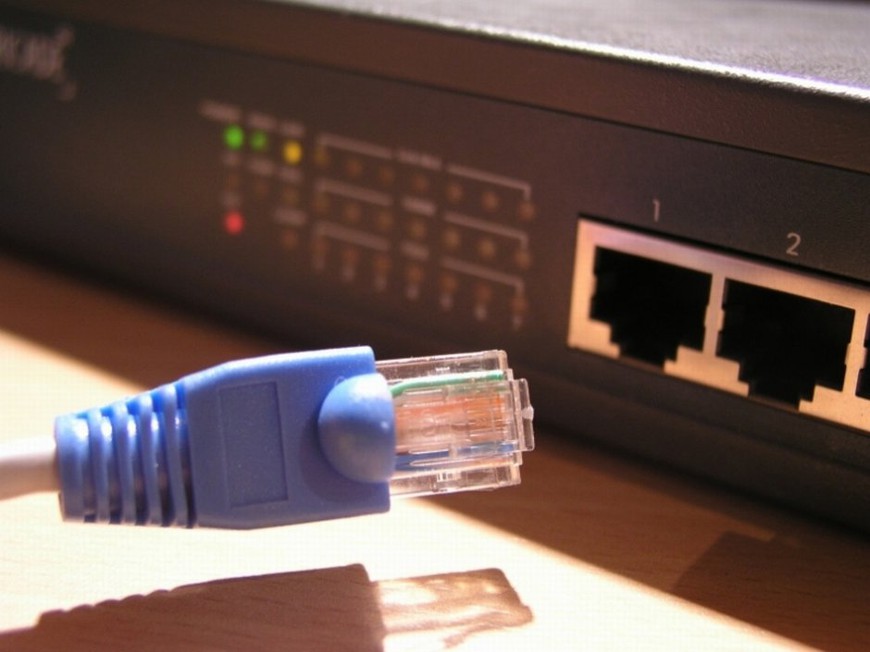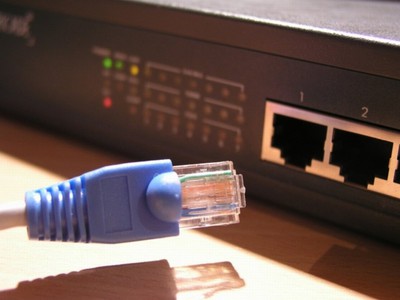

- PokerStars played racked up a 14 game winning streak, largely due to player disconnections.
- Accounts frozen as PokerStars investigates the issue.
- Previous reports of forced disconnection attacks have occured on Revolution and Microgaming.
PokerStars is investigating an account that is allegedly involved in “forced disconnection” denial of service (DoS) attacks against players in heads up SNG tournaments.
Pokerfuse exclusively covered the rising concern of these attacks in April, following a spate of player reports that they had suffered apparently “targeted” disconnections in cash games and SNGs.
Normally, DoS attacks are synonymous with large-scale attacks against banks, payment processors and other large-scale public-facing websites. However, the same principle can be used against individuals too, as long as a user’s IP address is known.
The forced disconnection only needs to last a few minutes—long enough to time out at a critical point in a pot, causing them to forfeit their hand, or blind out of a fast-structure Heads Up Sit and Go tournament.
Previous accusations have been made of players on the Revolution and Microgaming networks. Now, apparently rather blatant abuse is occurring in high-stakes games on PokerStars.
The player in question, who recently went on a 14-game winning streak in fast-structure heads up SNG tournaments, was the benefactor of multiple disconnections of his opponents, players report. Most games were at the $100 and $200 buyin level, with at least one at $1000.
Both the alleged scammer’s and victim’s accounts have been frozen while PokerStars investigates.
As pokerfuse wrote back in April, forced disconnections are not only theoretically possible, but a serious concern that already plague other forms of online gaming. And obtaining an IP address is often easier than you would expect:
The ubiquitous Skype, the “standard” for instant messaging in the online poker world, has a particular security flaw that exposes your IP address when you are connected. If you know someone’s Skype username and that person is online, their IP address can be revealed using a simple web-based service — you don’t even have to be accepted as a Skype friend.
Since this article was published, a new beta version of Skype resolves this security hole. Online poker players who use Skype are recommended to download the latest version and enable the new option.


